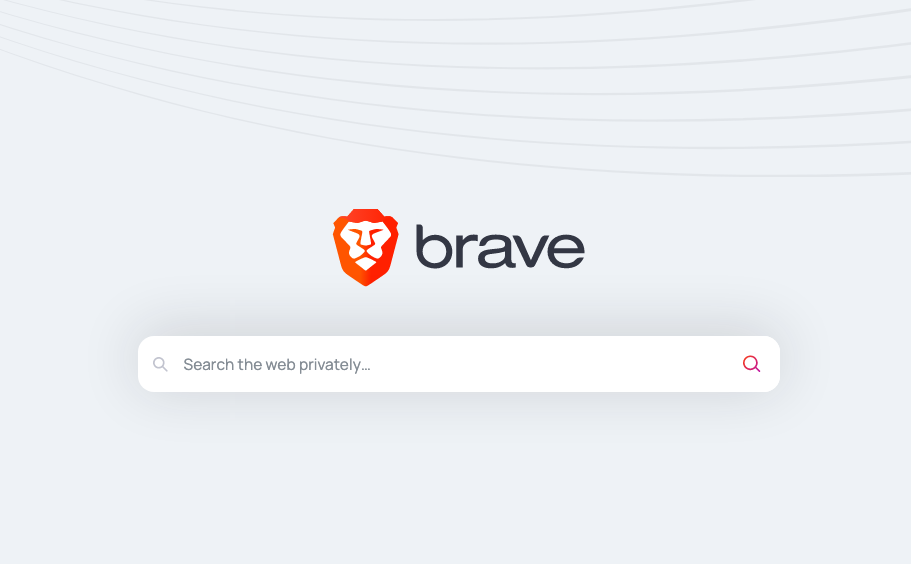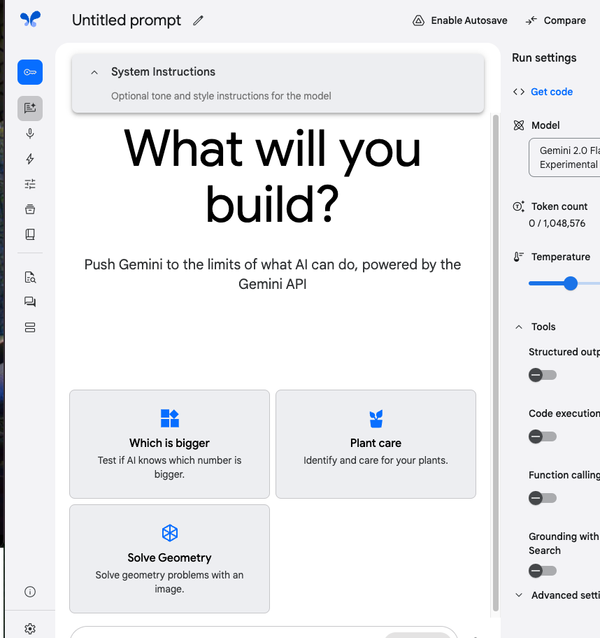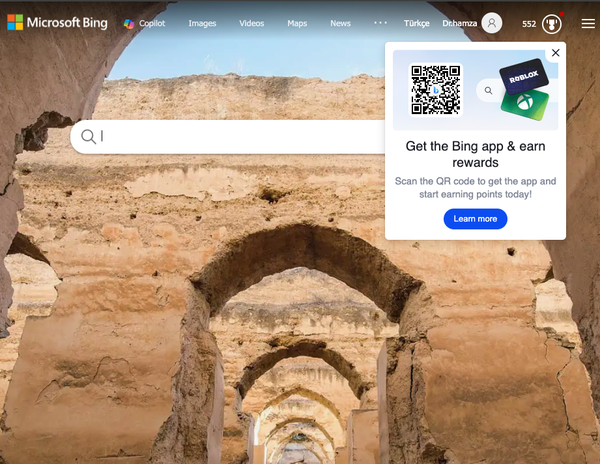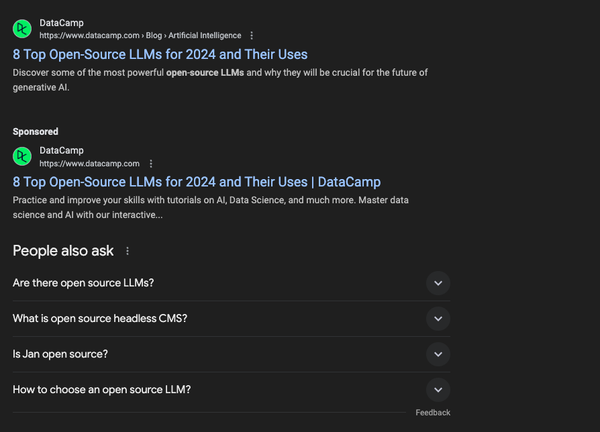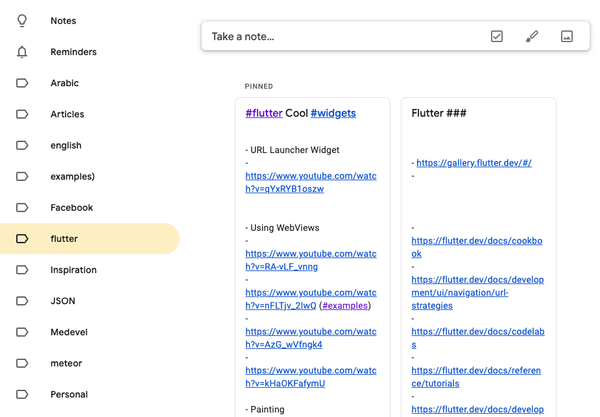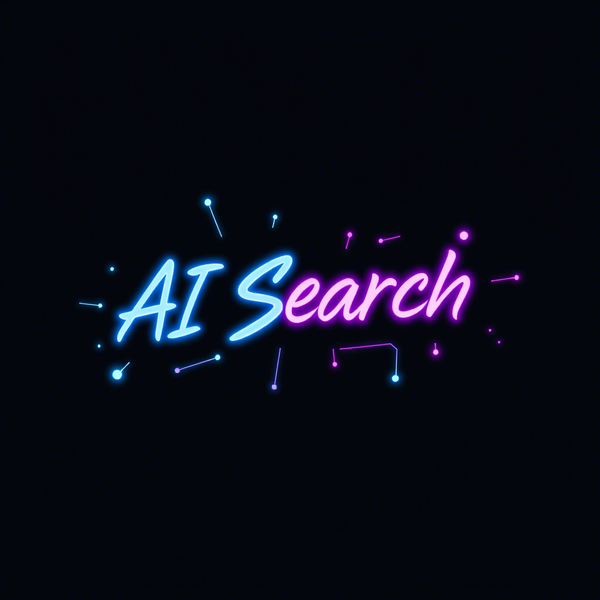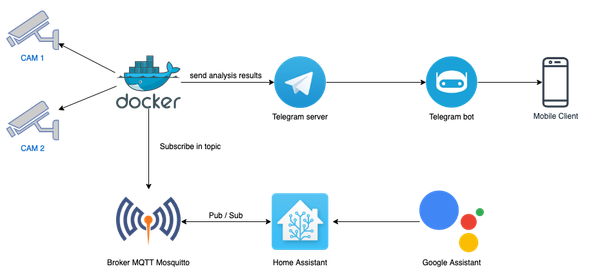The Decline of Google's Search Quality - How Users Struggle with Search Result Changes (When Finding Real Answers Becomes a Treasure Hunt)
Table of Content
Remember when Google was like your trusty digital sidekick—always ready to serve up exactly what you needed with lightning speed? Well, something's changed, and I'm betting you've noticed it too.
The Search Result Rollercoaster
Let's talk about the elephant in the search results: those pesky "People Also Ask" boxes. Sure, they might seem helpful, but more often than not, they're just noise. You know the drill—you're hunting for a specific answer, and suddenly you're drowning in a sea of tangential questions that feel about as relevant as a penguin at a beach party.
Ads: The Uninvited Guest
And don't even get me started on the ads. Remember when search results were a clean, straightforward path to information?
Now it feels like you're playing real-life Frogger, dodging sponsored content just to find a genuine answer.
Those top-of-page ads aren't just distracting—they're practically doing a victory dance right over your organic search results.
The Credibility Crisis
I'm not just complaining into the void. Researchers are backing this up. A recent study highlighted how Google's results are increasingly packed with content designed to game the system rather than genuinely help users.
SEO tactics have turned search results into a bit of a wild west, where the loudest (or most algorithm-savvy) voice wins.
For example, Reddit and Quora, often bloated with dozens of opinionated and extreme comments rather than answers, are now taking priority in search results.
Enter the AI Challengers
But here's the exciting part: we're not stuck! Emerging AI-powered search tools are stepping up to the plate. Platforms like Perplexity.ai, ChatGPT, Bing AI, and You.com are reimagining search. Instead of making you click through multiple pages, they're bringing answers directly to you—conversation style.
Some savvy users even tend to have their own private search engines now, that is powered by LLMs.
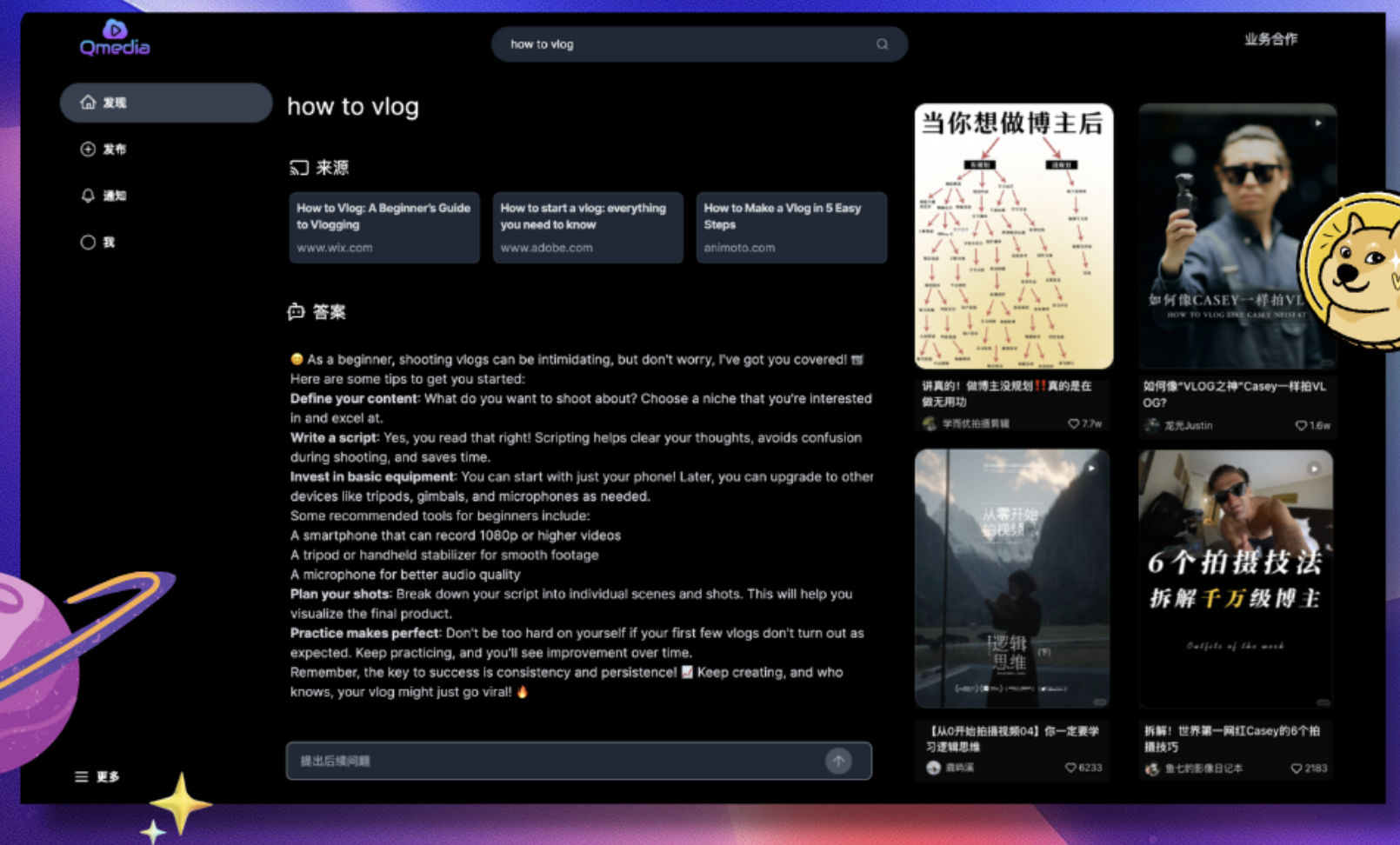
While, Google isn't down for the count, But for now, it feels like we users are caught in a transition period where search quality is more about marketing than meaningful information.
As Google prioritizes cluttered features and ads, users are exploring alternatives, giving competitors a chance to capitalize on its shortcomings. To retain dominance, Google must streamline results, reduce ad intrusion, and refocus on delivering high-quality, user-centric search experiences.
Google's Survival Blueprint: 5 Strategic Moves to Reclaim Search Supremacy
I believe as many that, Google isn't just facing a big challenge—it's experiencing a paradigm shift.
Here's a strategic roadmap to transform search from transactional to transformational:
1. User Experience First
Radical de-cluttering: Strip away ad-heavy interfaces and "noise" features. Make search about discovery, not monetization. I believe the old simple search results page can be more than enough for users without clutter. If Google wanna clutter, they can do in the sidebar.
2. Quality over Quantity
Implement AI-driven content evaluation that goes beyond traditional SEO metrics. Prioritize depth, reliability, and genuine user value.
For example, Reddit and Quora often lack both quality and quantity, making them an absolute menace, especially when they dominate the homepage while you're searching for a reliable resource.
3. Intelligent Contextual Responses
Transform search into a dynamic, conversational knowledge platform powered by AI that understands user intent rather than relying solely on keywords.
This approach delivers precise, context-aware answers, reduces time spent refining queries, and ensures users find relevant, actionable information faster, enhancing the overall search experience.
4. Transparency Revolution
Develop a credibility scoring system that provides users with instant insights into the reliability of sources—like nutrition labels for information. The current scoring and ranking systems are neither user-friendly nor prioritize user needs over algorithmic preferences.
5. Adaptive Intelligence or Personalized Search Experience
Create a search experience that adapts and evolves with user interactions, delivering increasingly personalized and accurate results.
Leveraging Retrieval-Augmented Generation (RAG), Generative AI, and Large Language Models (LLMs), this level of adaptive intelligence is achievable.
These technologies make personalized search more accessible and impactful than ever, enhancing user satisfaction and efficiency.
The Future is Adaptive, Not Reactive
Google's next move isn't about defending its territory—it's about redefining the entire search landscape.
It is still my primary search engine; however, after the recent updates, I’ve started using other alternatives, just as several friends and colleagues are now doing.

